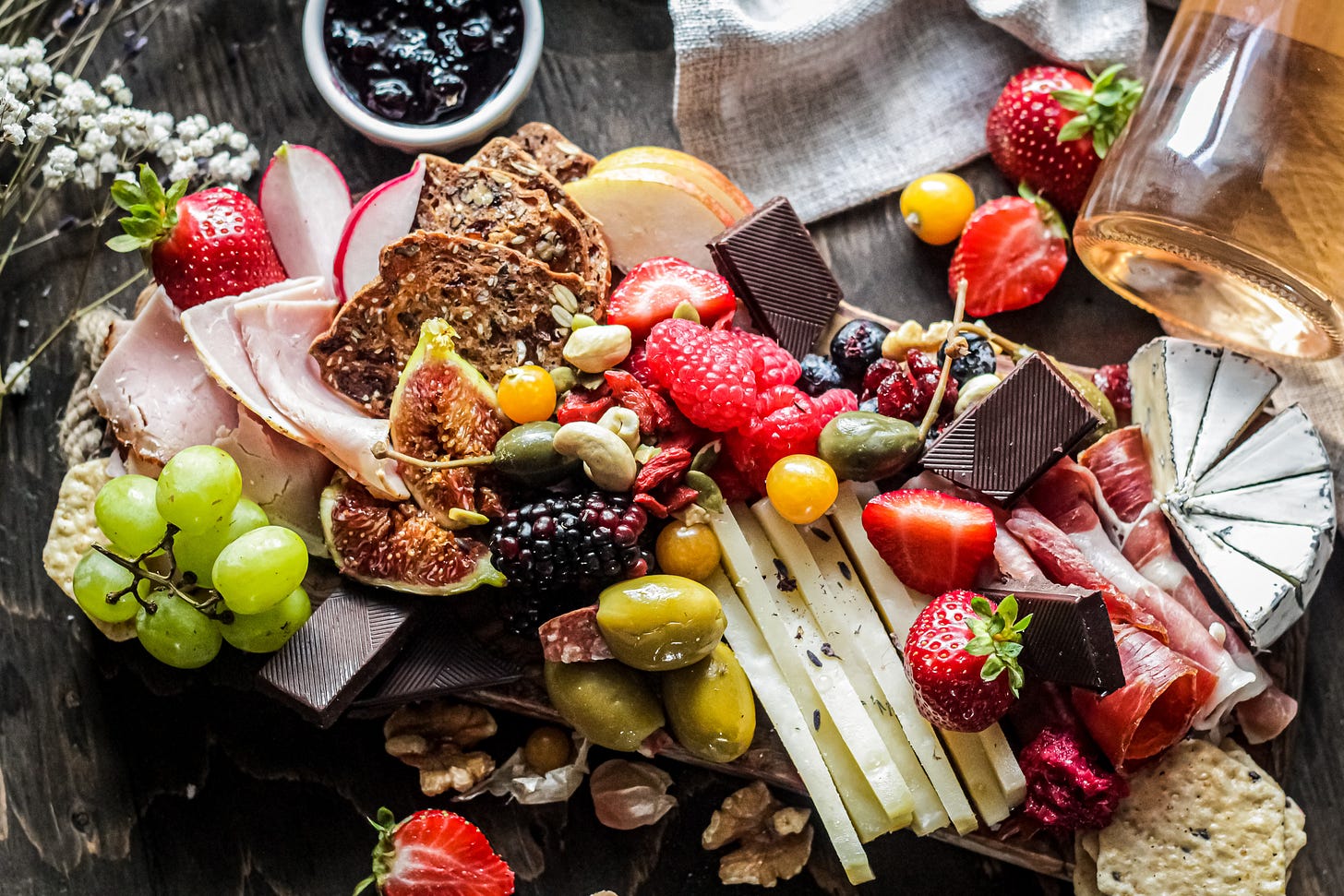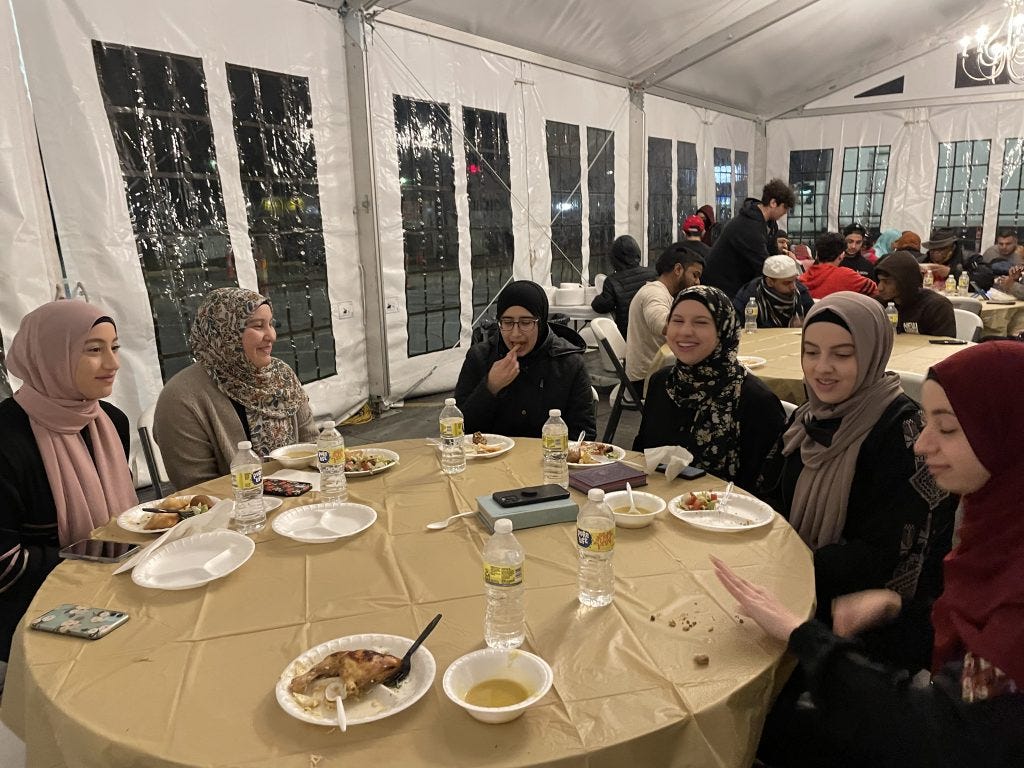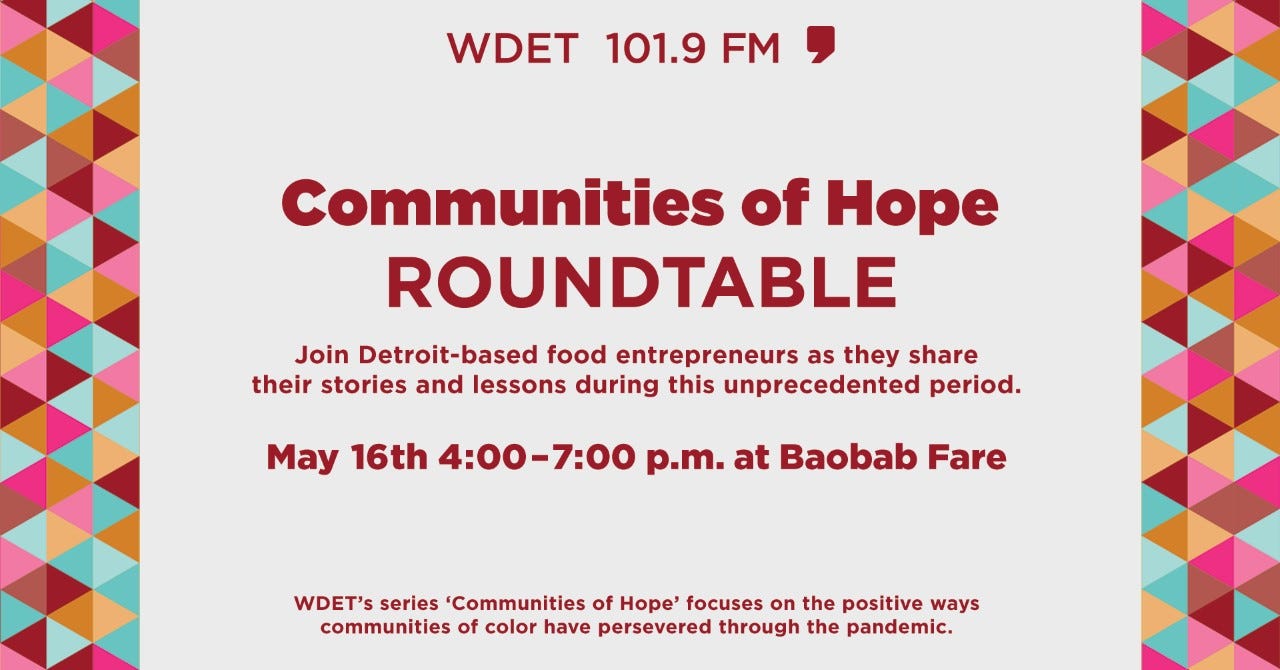Halal charcuterie boards bring Muslim food culture to the forefront
#Ramadan #Eid #halal #charcuterie #grazing #boards

You might have noticed the popularity of outdoor gatherings during the pandemic and perhaps the charcuterie boards. Now Muslim owned entrepreneurs are making sure that there are halal options for those who cannot eat pork or animal enzymes in cheese (also keeping it vegetarian friendly). The popularity of charcuterie, also known as grazing boards, has found it’s way to incorporate South Asian and Middle Eastern treats for a full experience of culture and hospitality. These boards are definitely something to share.
Afsana Hai, owner of The Halal Graze Board Co. in Richmond, Texas, told The Kitchn that she wanted to be a part of the Muslim community by providing these customized boards.
“For Hai, this work is about representation and inclusion. Being able to participate in something larger than herself can sometimes mean taking a trend and making it accessible for people who eat halal, and creating ways for Muslims to participate in the joy of emerging pop culture. “I want there to be an availability of other items and experiences that are available to everybody else, to our community as well,” she says.”
Hai and other women say the charcuterie boards bring people together — and they are not going away anytime soon.

The first year of the pandemic people observed Ramadan and other religious holidays in isolation during the global lockdown due to COVID-19. The second year, many people were slowly getting vaccinated throughout the world and resuming community experiences cautiously. This year, things are returning to a more “pre-pandemic normal,” such as resuming community iftars. Learn more about how our family got through Ramadan over the three years for YES! Magazine.
Muslims Building Bridges resumes unity iftars in third year of the pandemic

The Muslims Buliding Bridges is an organization which works with different mosques across Michigan to host and bring people together across socioeconomic lines. The unity iftars were put on pause during the last two years of the pandemic. This year they resumed at five mosques throughout the month of Ramadan, between April 2-May 2. Learn more about how this organization and the unity iftars in our special report for WDET.
WDET’s Communities of Hope Roundtable features minorities coping through the pandemic
WDET reporter Nargis Rahman interviews people from communities of color in the Communities of Hope series. The series explores how minority communities persevered during the pandemic.
WDET is hosting a roundtable with two of the food entrepreneurs interviewed, to learn more about their challenges and opportunities in opening businesses during the pandemic. Rahman will speak with Chef Helina Melaku of Konjo Me, authentic Ethiopian cuisine, and Sadya Chowdhury, owner of Zafreen’s Kitchen, a Bangladeshi catering company.
The event will be held May 16 from 4-7 p.m. at Baobab Fare in Detroit.
Food samples will be provided. Beverages will be available for purchase.






